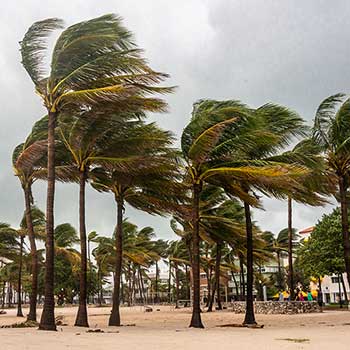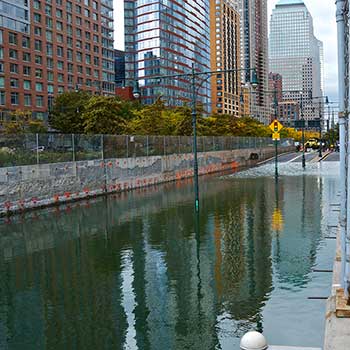By Alex Harris
Source: Orlando Sentinel / The Miami Herald
Heather Gaker found her dream home on North Lake Drive in Boynton Beach in 2015. It had 28 species of palm trees, a mother-in-law suite and — according to what the sellers and the Realtor told her — no history of severe flooding.
One summer rainy season later, 60-year-old Gaker started to suspect that last part wasn’t true. Floodwaters regularly puddled on her street, in her neighbor’s yards and came all the way up to her door. Neighbors joked that she bought the “flood house.”
Then in 2017, six weeks after Hurricane Irma tore through Florida, the water got inside her house. The flood was a bad one; the insurance company paid out more than $100,000, over half the value of the house.
After she started fixing up the home, she got a letter from the insurance company with startling news: This was her home’s fourth reported flood with more than $5,000 in damage, and that this catapulted her home into a category known as “severe repetitive loss.”
She had few choices — elevate the home for nearly the same price as she bought it, sell it for what the land was worth, or tear it down and build something else.
“I never would have bought this house if I knew it had the flood history it had. I probably wouldn’t have bought it if I knew it had one flood,” she said. “If I had known what was going to happen no way on earth I would have gone near this house.”
In other states, homeowners like Gaker do have access to that kind of detailed information about flooding. But not Florida.
Continue reading here.
Our team at Insurance Litigation Group knows and understands the damage and dangers that extreme flooding could cause. It is important to ensure that all home owners and buyers obtain flood insurance, but it is also important to ensure fair representation.
We at ILG have extensive knowledge of the tactics and the strategies that insurance companies may use to evade or underpay your claim. We can use our experience to get you all of the benefits that you deserve.





